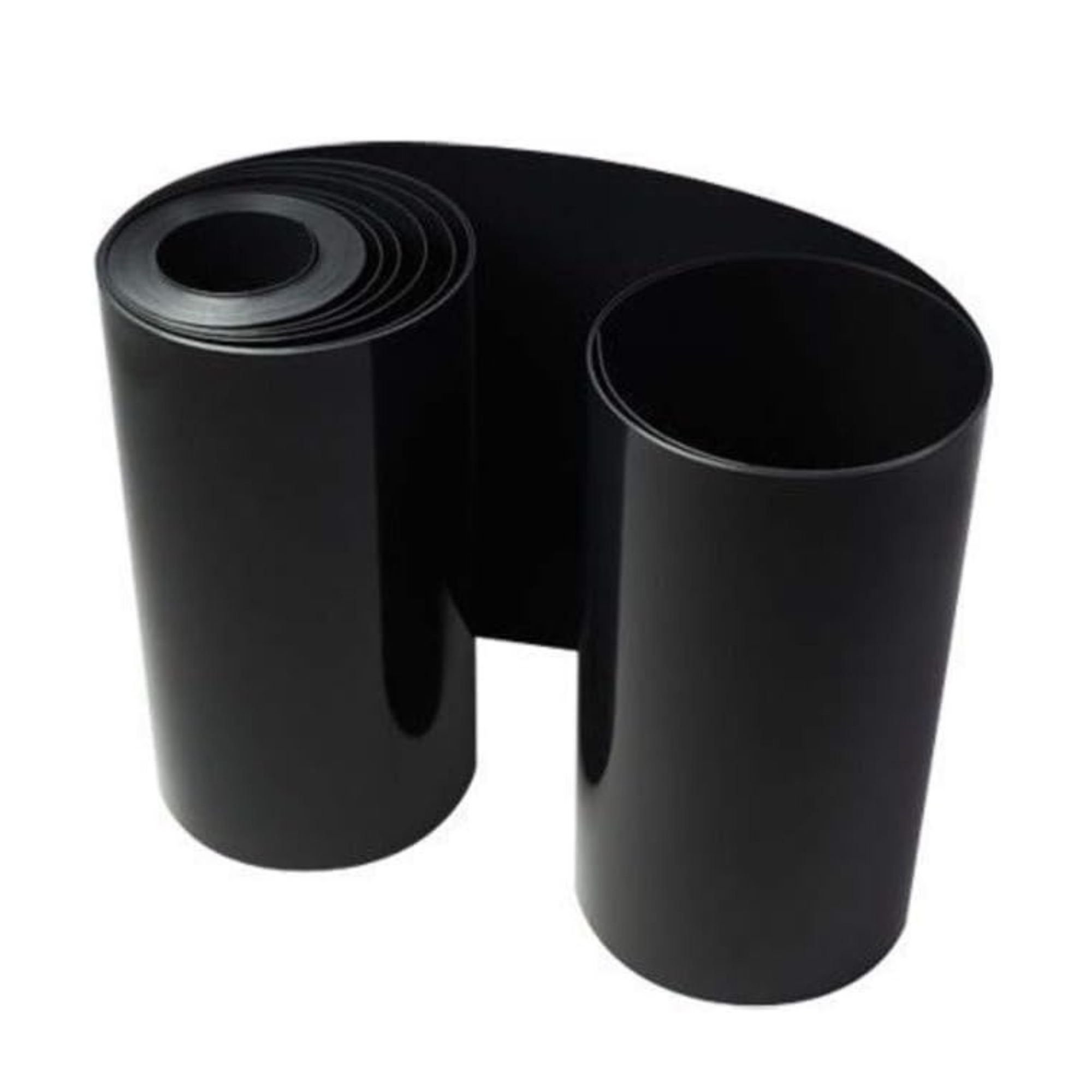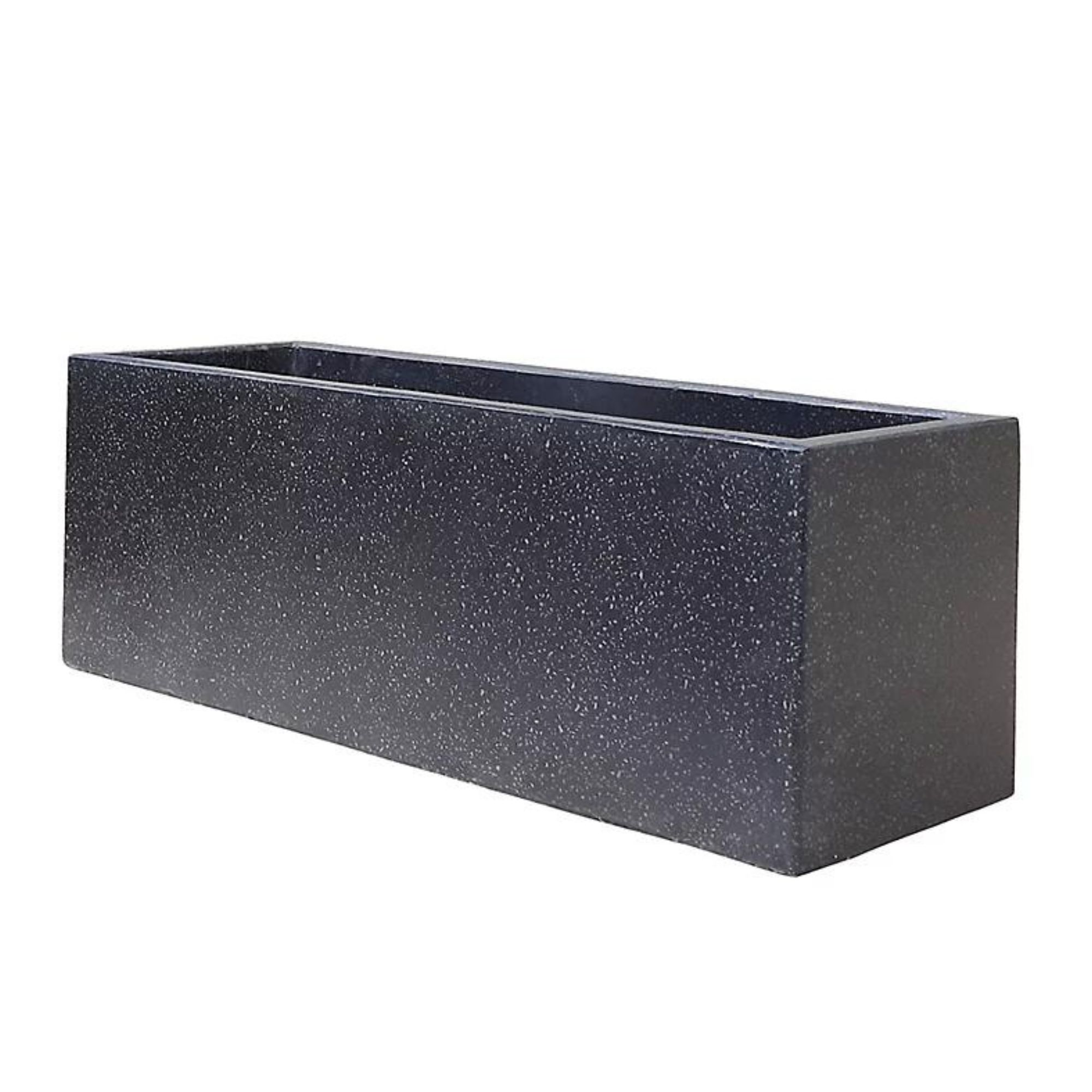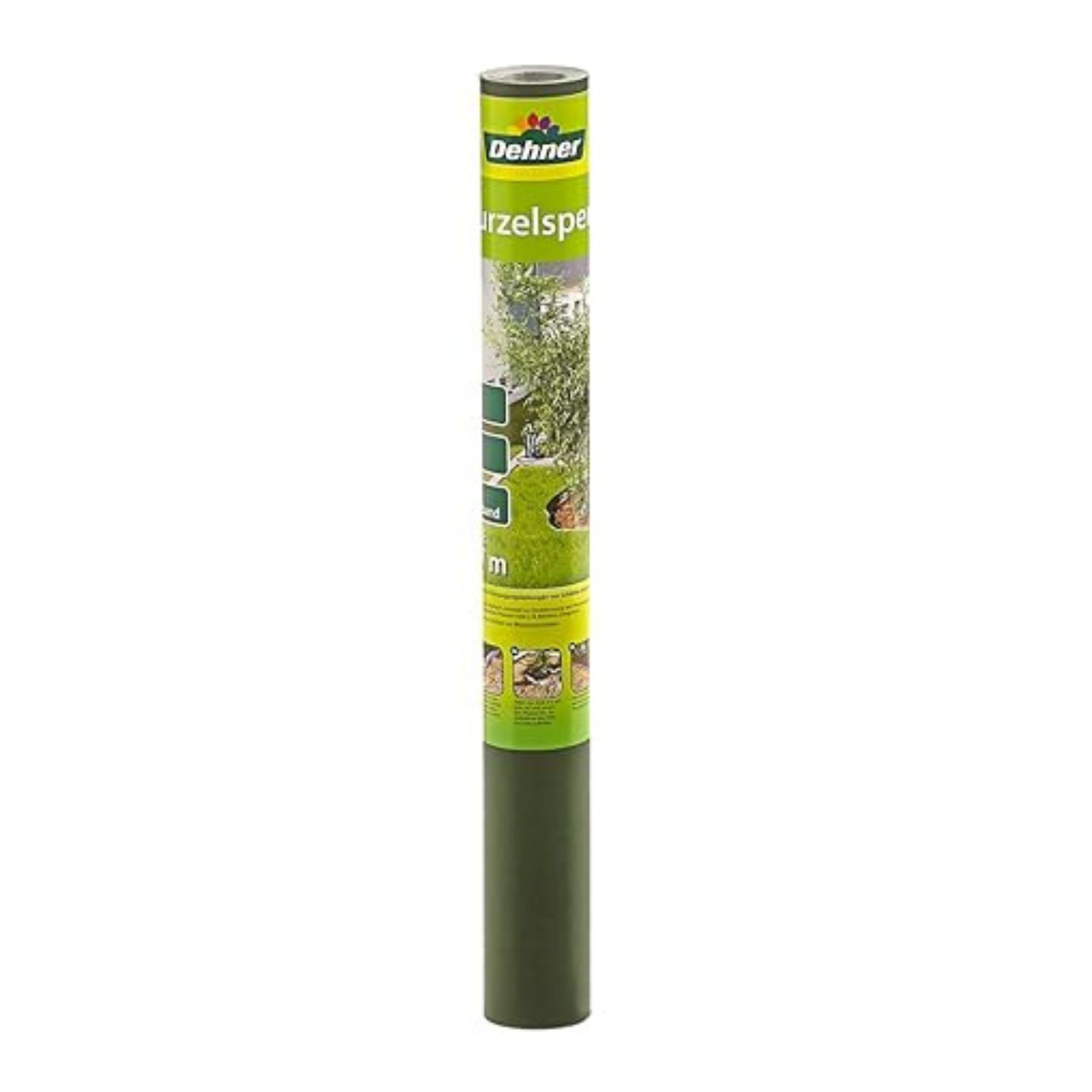How to stop bamboo from spreading - experts say it all starts with knowing the difference between the two different varieties
Bamboo can be an invasive nuisance… but it doesn’t have to be
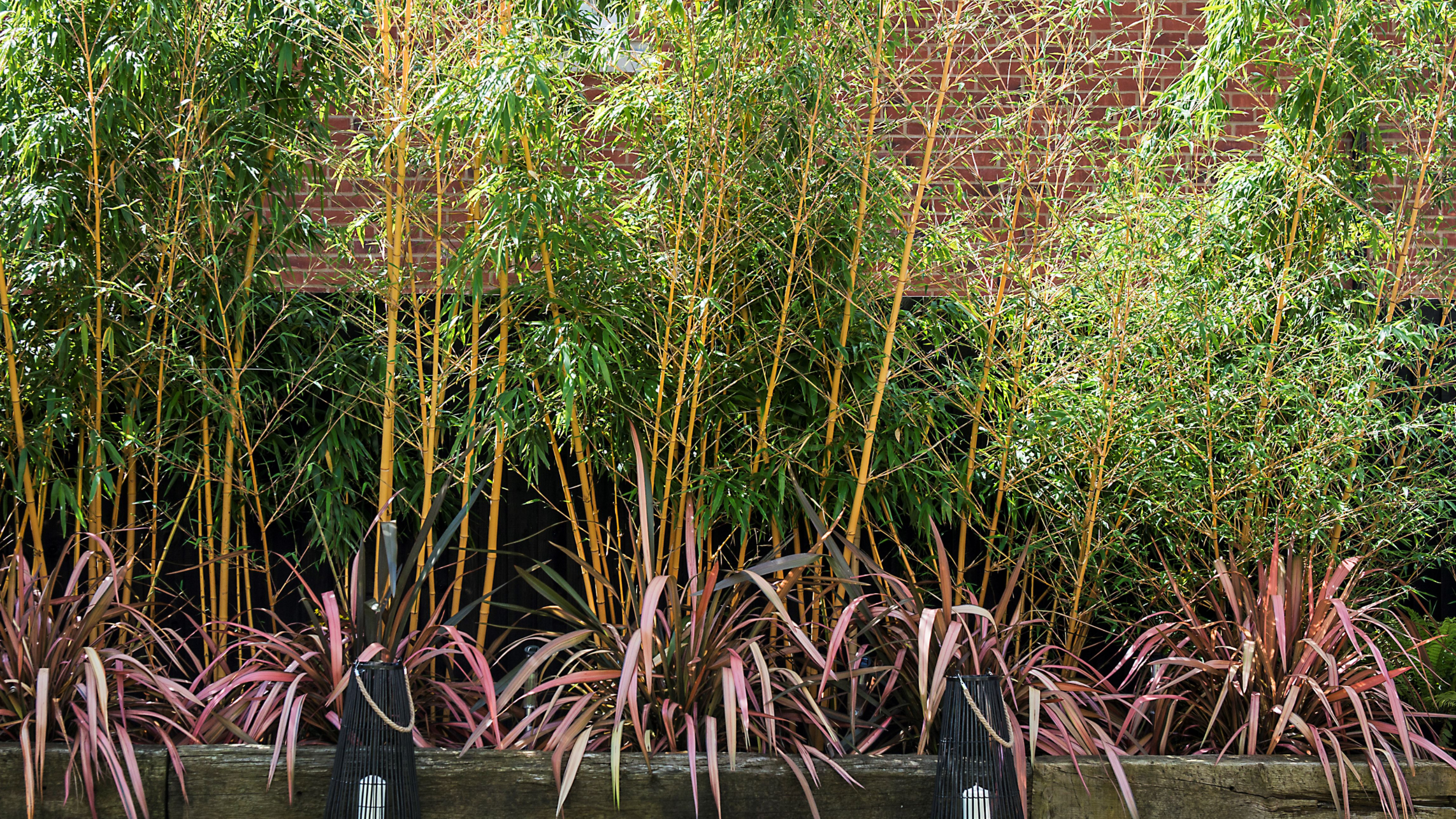

If you had the choice between a boring ol’ laurel hedge or an exotic bamboo screen, which would you choose? We’d bet our bottom dollar that you’d opt for bamboo, but it’s important to know how to stop bamboo from spreading if you’re going to choose this potentially invasive option.
Yes, while bamboo can help to bring your garden ideas to life, knowing how fast bamboo grows is key to enjoying the beauty and uniqueness this plant has to offer. As one of the fastest and most aggressive growers in the plant world, experts have issued many warnings about bamboo - especially after one Hampshire house was left with £100K worth of bamboo damage.
But while bamboo has the potential to spread across your whole garden and into your home, that doesn’t mean that you have to get rid of it completely. That’s why we’ve asked experts for their top tips on how to stop bamboo from spreading.
How to stop bamboo from spreading
‘Bamboo is one of the most beautiful, tolerant and low maintenance foliage plants which has real presence and deserves a place in any garden,’ explains Pim Dickson, horticulturist expert at Mr Fothergill's. ‘It does, however, have a reputation for being invasive, which is not the plants’ fault but rather a symptom of the wrong variety being chosen for the location.’ So, this is everything you need to know about stopping invasive bamboo in its tracks.
1. Understand the different types
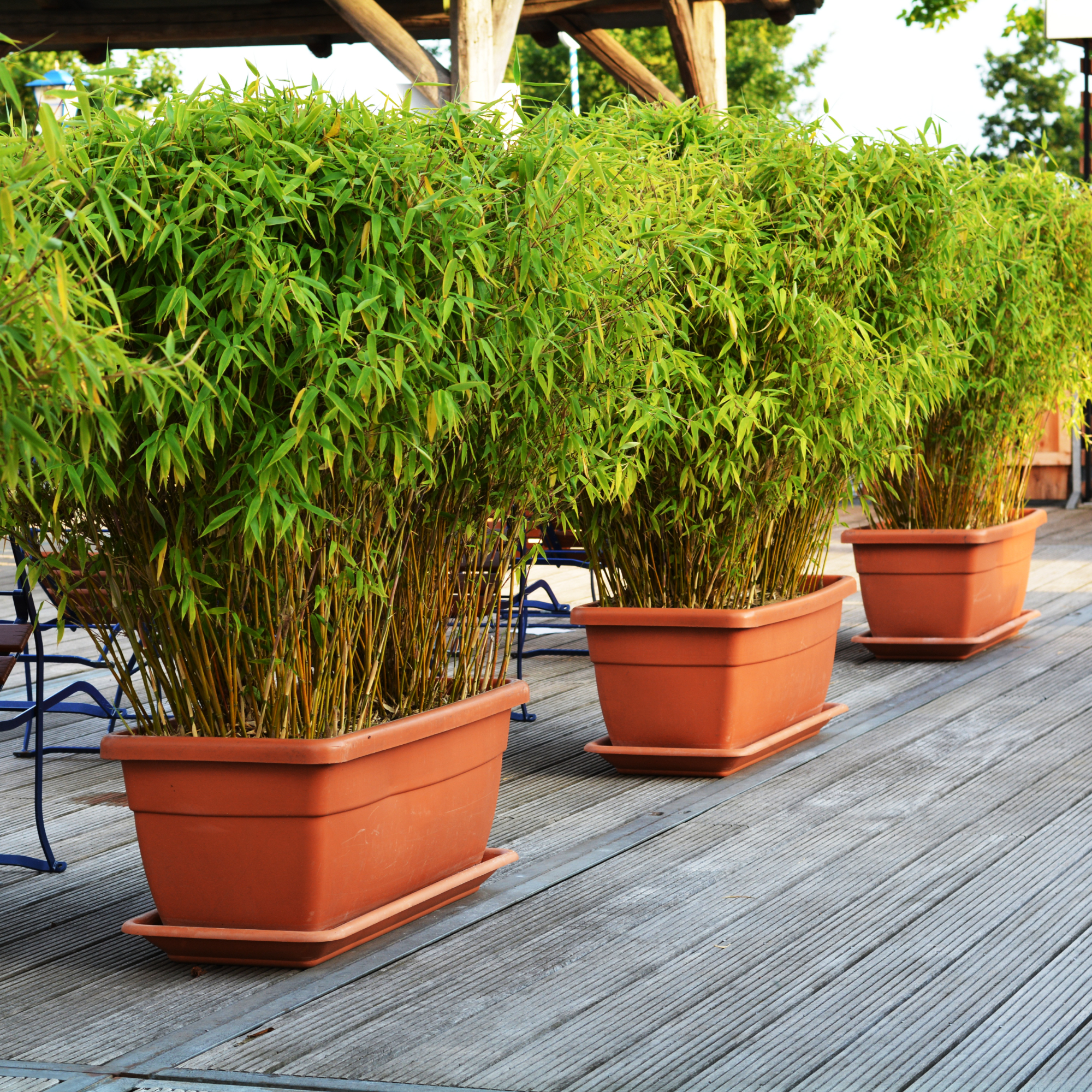
While you might assume that bamboo is a one-size-fits-all plant, that’s not true. Instead, bamboo varieties are typically split into two categories; ‘clumping’ varieties and ‘running’ varieties.’
Pim adds, ‘Clump forming’ bamboos, like many of the hardy Fargesia species, spread only a few inches a year and are therefore easy to keep in check. They require no more effort than any other happy border perennial that wants to grow.’
In fact, you may be able to get away with simply cutting back your clumping bamboo to stop it from spreading.
Get the Ideal Home Newsletter
Sign up to our newsletter for style and decor inspiration, house makeovers, project advice and more.
Steve Chilton, garden expert at LeisureBench, explains, ‘I recommend regular pruning of your bamboo. Don't go for extended periods of time without pruning it, as this could encourage it to grow out of control. Prune before new growth begins and as soon as you notice any shoots that are too long or wild.’
But if you have running bamboo, pruning it won’t be enough to stop it from spreading. Instead, you’ll need to take drastic action to prevent it from damaging your home and causing hundreds of thousands of pounds in damage.
2. Remove it completely
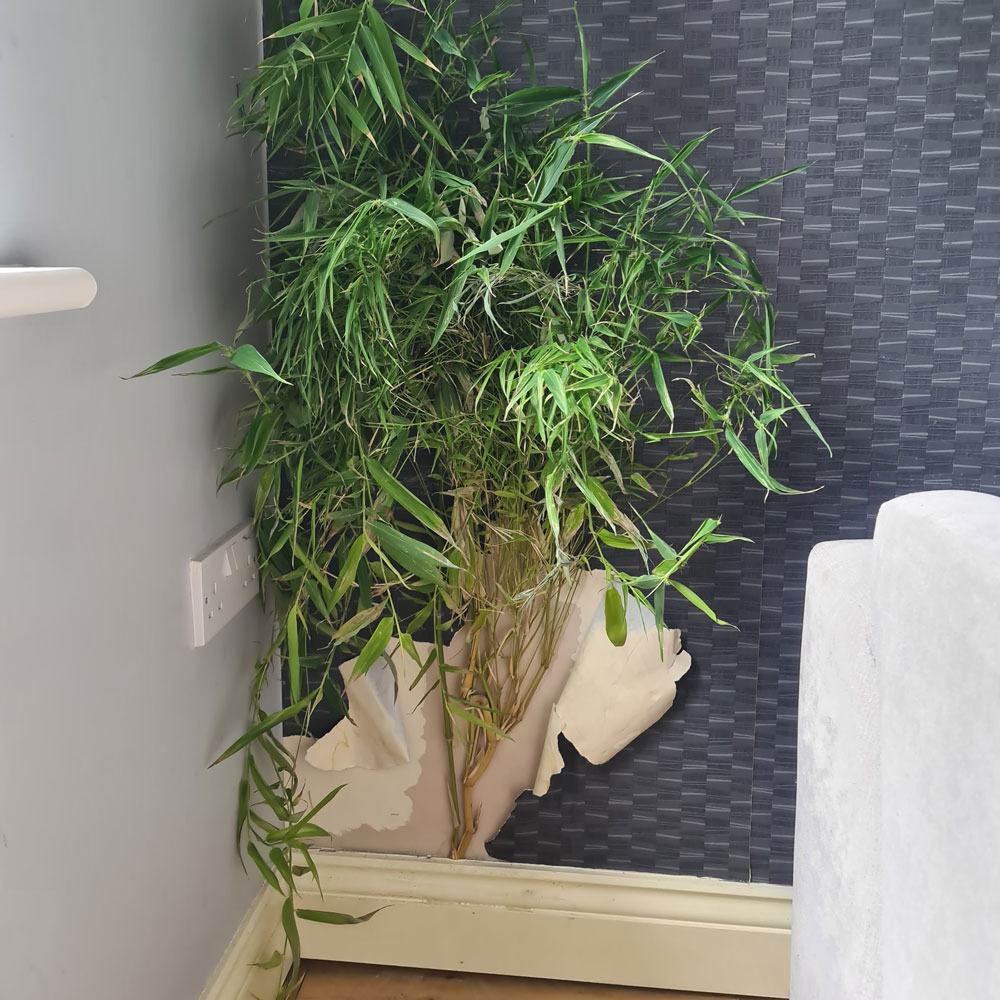
If you start to notice bamboo taking over your garden or growing through the walls (yes, it does happen), you need to know what to do when you have invasive bamboo. And while you can use chemical herbicides to do this, it’s not always effective.
‘Bamboo infestations are treated by excavating and removing the entire root ball and rhizome system from the ground, usually using a mini digger,’ explains Emily Grant, director of invasive plant specialist Environet.
‘This can mean digging up patios and paths to remove the long lateral roots wherever they have travelled – often across property boundaries. Reputable companies will offer a monitoring period or guarantee, to ensure the plant is gone for good.’
By completely removing the bamboo, you should be able to rest easy, knowing that it won’t spread anymore. This can be costly, though, and it may not be the ideal solution for everyone.
3. Install bamboo barriers

If you don’t want to ruin your patio ideas by digging it up, and you’re confident that bamboo has not affected the structure or integrity of your home in any way, bamboo barriers are a much cheaper option. Plus, they’re less of a logistical nightmare.
Emily says, ‘If you have bamboo in your garden which isn’t yet spreading, but you’re concerned that it could in the future, act now by installing a strong bamboo-proof root barrier 2ft into the ground to contain it.’
There are countless bamboo root barriers out there to buy, but Pim has offered an alternative solution for those who want to replace their water butt or have a spare plastic tub lying around the house.
‘The best way to create smaller clumps of running bamboo suitable for most garden spaces is to plant them into a large plastic barrel, old water butt or larger water tank, with the bottom cut out. This is then sunk into the ground with a few inches still protruding, back-filled with a mix of soil and compost, and the bamboo planted into it.’
‘I do this at home. It’s quick, easy, and works very well indeed, easily containing even the most vigorous bamboo and prevents any issues with spread.’
4. Plant in containers
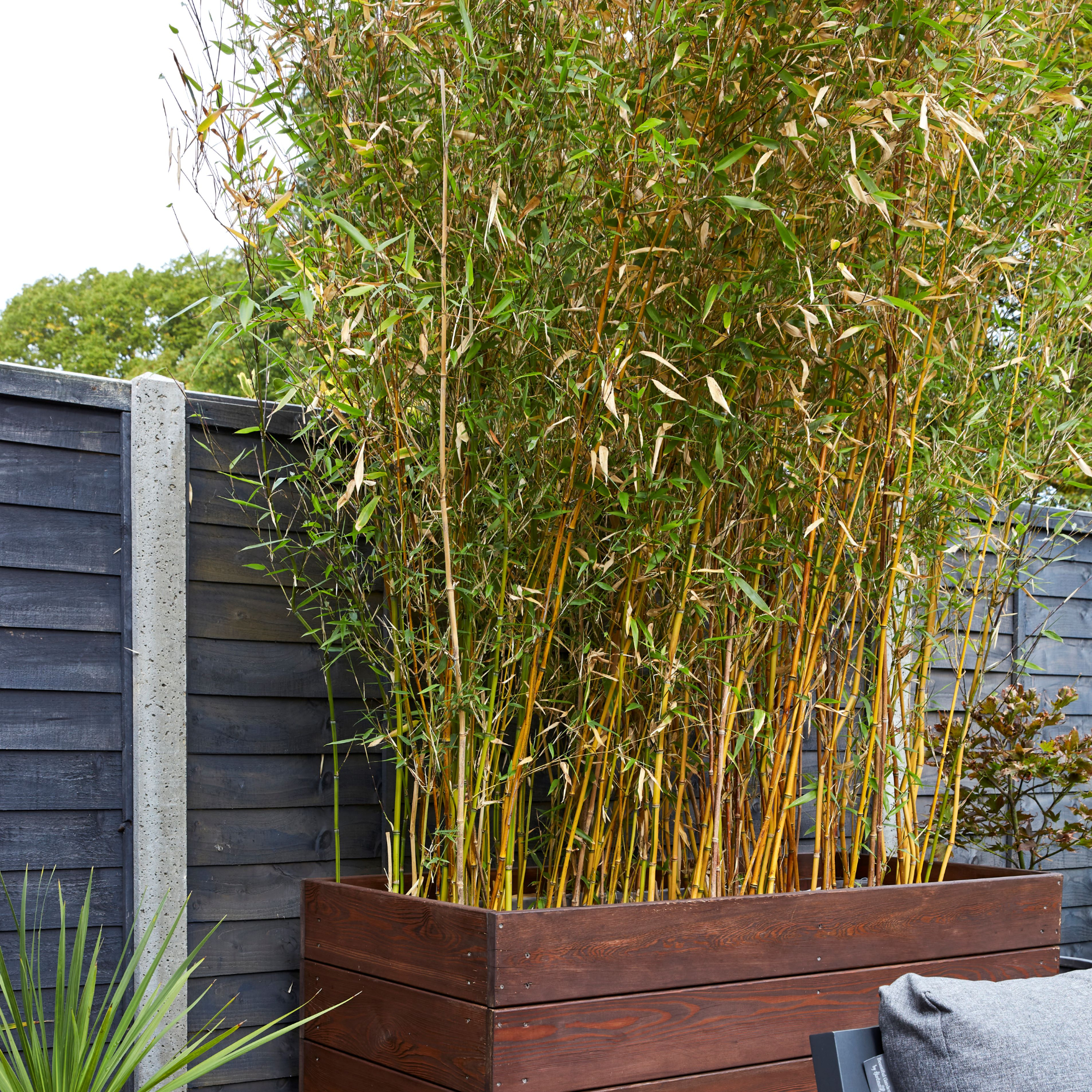
The invasive nature of bamboo has been the talk of the town recently, and we wouldn’t be surprised if it put you off growing bamboo in your garden completely. But there are ways to grow bamboo safely, and most experts would agree that planting in containers is the safest option.
Emily says, ‘If you’re thinking of planting bamboo, it’s best to avoid planting it directly into the ground. Instead, use sturdy containers lined with thick bamboo-proof membranes, raised off the ground.’
This will prevent the roots from spreading, allowing you to contain the whole plant (including its roots) and stop it from overtaking your garden and potentially invading your home.
5. Plant away from any buildings

Unfortunately, bamboo will rarely stay in its lane and will try to spread out far and wide. This is particularly problematic when you have a running bamboo variety in your garden, which is why it’s advised to plant bamboo as far away from any buildings or outdoor structures as possible.
Emily explains that bamboo is ‘commonly planted in borders and along boundary fences’ and ‘has the ability to push through brickwork, drains, patios, cavity walls and even cracks or weaknesses in concrete.’
So, if you do desperately want to plant bamboo in your garden, opt for an area where it can thrive without causing a nuisance in the process.
‘It needs to be remembered that it is inadvisable to grow any woody long-lived plants like trees, shrubs, or bamboo near any buildings or other hard landscaping, like paths, where their root growth can cause damage as the plants grow larger over time,’ explains Pim.
‘A planting distance of at least 6m is normally recommended for trees and I would happily apply it to shrubs and bamboo also.’
If you already have bamboo in your garden and want to move it to a safer distance away from your home, it is possible to move bamboo. However, it’s not an easy task. You should only do this in mid-spring, and you may have to divide larger chunks of clumping bamboo to lift them out of the ground.
FAQs
Does vinegar get rid of bamboo?
If applied directly and for a long period of time, vinegar could potentially kill and get rid of bamboo. However, it’s important to note that bamboo is extremely resilient and fast-growing. Not only that, but you’ll also have to re-apply the vinegar every time it rains to ensure it works its magic.
Because of this, most experts wouldn’t advise using vinegar to get rid of bamboo if you have a large and invasive bamboo plant. Instead, it’s best to dig it up and remove it that way.
Will salt get rid of bamboo?
Although salt has the ability to dry out and potentially kill bamboo, it’s unlikely to be very effective. You would need to apply a lot of salt on a regular basis to your bamboo plant, and there’s no guarantee that this would work.
In the process, however, you will ruin the quality of your soil. With this in mind, it’s best to avoid this hack.
Now you know how to stop bamboo from spreading, it’s time to get to work!

Lauren Bradbury has been the Content Editor for the House Manual section since January 2025 but worked with the team as a freelancer for a year and a half before that. She graduated with a Bachelor’s degree in English and Creative Writing from the University of Chichester in 2016. Then, she dipped her toe into the world of content writing, primarily focusing on home content. After years of agency work, she decided to take the plunge and become a full-time freelancer for online publications, including Real Homes and Ideal Home, before taking on this permanent role. Now, she spends her days searching for the best decluttering and cleaning hacks and creating handy how-to guides for homeowners and renters alike, as well as testing vacuums as part of her role as the Ideal Home Certified Expert in Training on Vacuums, having spent over 110 hours testing different vacuum models to date!
-
 5 signs you’ve taken decluttering too far — and how you can pull yourself back, according to organisation experts
5 signs you’ve taken decluttering too far — and how you can pull yourself back, according to organisation expertsYou might have to start resisting the urge to purge
By Lauren Bradbury
-
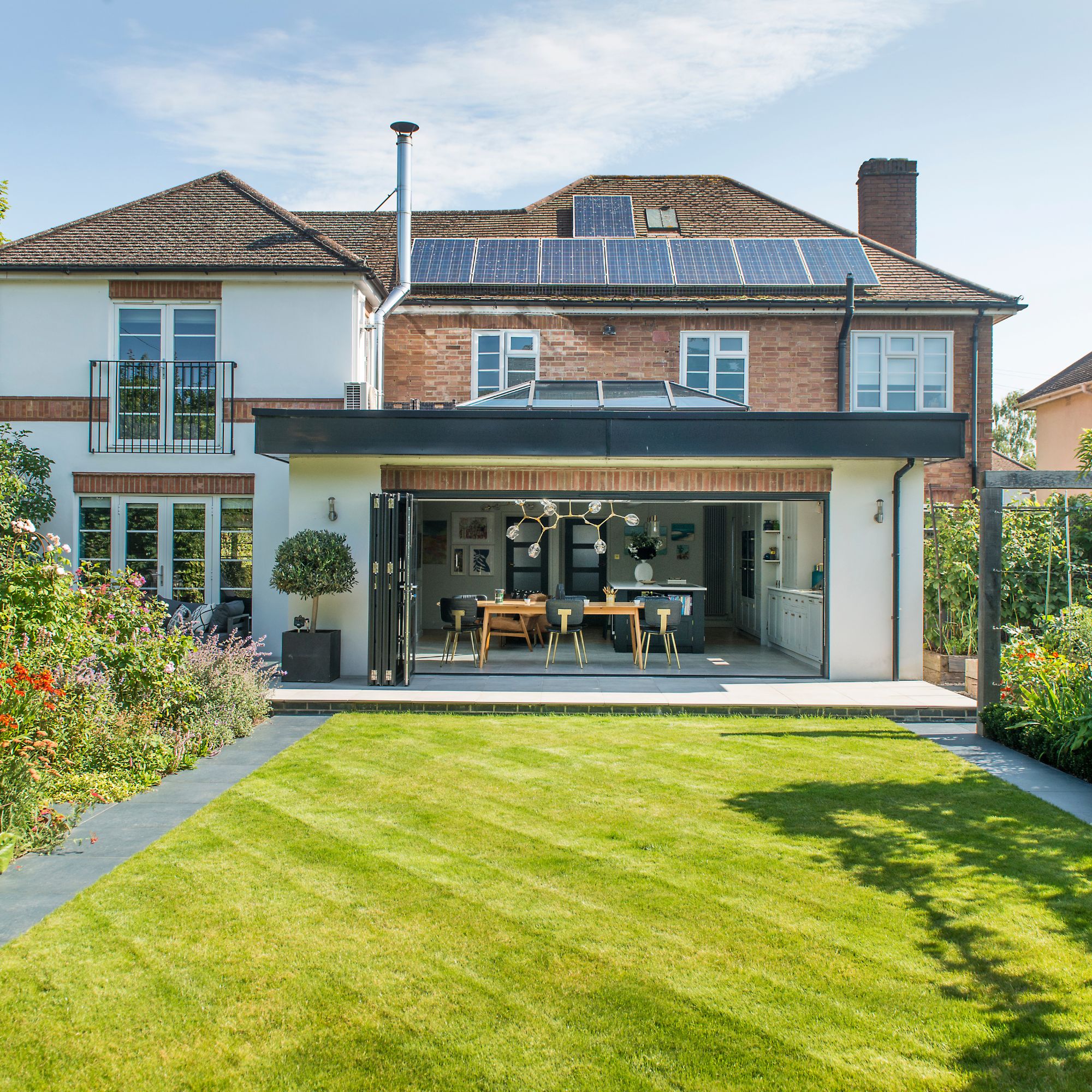 What is the Party Wall Act 3m rule and is it something you should be worried about? This is what the experts say
What is the Party Wall Act 3m rule and is it something you should be worried about? This is what the experts sayDon't get caught off-guard by the Party Wall Act 3m rule — our expert guide is a must-read
By Natasha Brinsmead
-
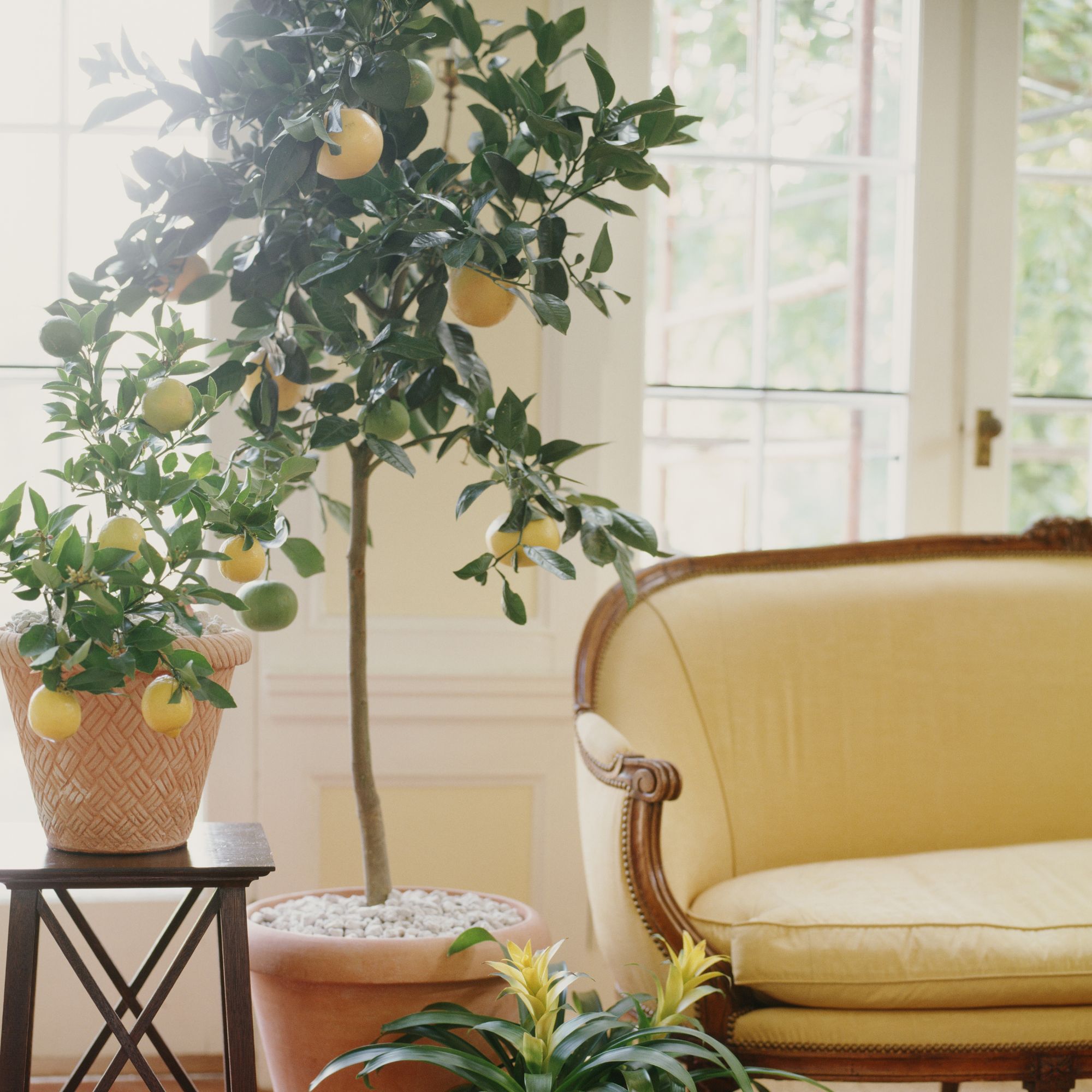 Shoppers can’t get enough of The Range’s lemon tree, but I’ve found an even cheaper bestseller at B&Q - it’s perfect for a Mediterranean look
Shoppers can’t get enough of The Range’s lemon tree, but I’ve found an even cheaper bestseller at B&Q - it’s perfect for a Mediterranean lookWelcome the summer with this glorious fruit tree
By Kezia Reynolds
